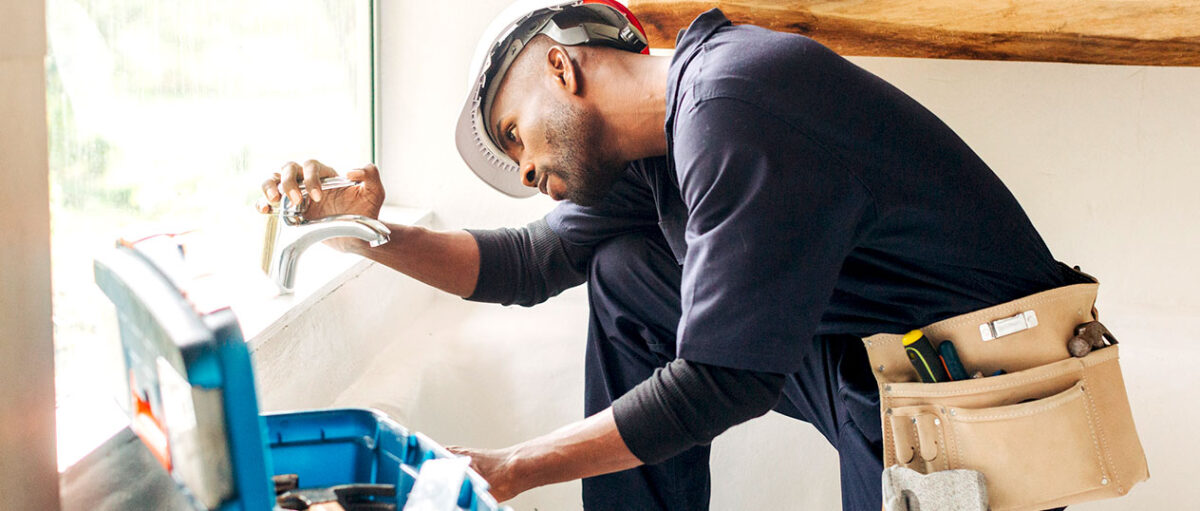Bidding on a home purchase is only half of the deal. Follow these four tips to conquer negotiating repairs after your home inspection is complete.
If you’re a first-time home buyer, you’ve probably heard about the negotiations, or “bidding wars,” that happen at the beginning of the purchase process. Fewer people, however, are aware of the negotiations that follow the signed purchase contract.
Although home inspections have become less popular over the last few years, they’re still commonplace in the real estate industry. When those inspections uncover one or more problems with the home, buyers and sellers have to agree on who will cover the costs. Here are four tips to help you come out on top when negotiating repairs after home inspection.
Ask for a credit.
Let’s be real, the sellers are on their way out both physically and mentally. If it’s looking like you’re going to complete the purchase and close, they’re probably more focused on packing than they are fixing.
If sellers aren’t amenable to making home inspection repairs—or if those repairs weren’t made to your satisfaction—you could go through the hassle of negotiating a lower purchase price, or you could ask for a closing credit. A closing credit is a way to decrease your upfront, out-of-pocket expenses. That credit reduces your costs, meaning you’ll have more cash on hand to make those repairs yourself.
A closing credit is a way to decrease your upfront, out-of-pocket expenses.
Think “big picture.”
Picture this. You’ve toured the home, you’ve agreed on a purchase price, and you’re putting together plans for your future remodel—but the home inspection report found signs of water damage under the sink. And on top of that, the rotted wood extends well beyond the cabinet under the sink. If you could negotiate those repairs now, why wouldn’t you?
When you’re working through home inspection negotiations, think about the future of your new home and remember that a seller credit toward those repairs could offset not only your closing costs, but your eventual renovation costs as well.
Don’t show your hand.
If you’ve got a home inspection coming up, find out if the seller’s agent will be walking the property with you, your agent, and the home inspector. If so, you might want to hide your true excitement about the house. Showing satisfaction with the current state of the home in front of the seller’s agent could hurt your chances of negotiating home inspection repairs later on.
On the other side of things, if the seller’s agent senses disapproval from you during the inspection, they might mention that to the sellers—helping build your case to get any repairs completed to make sure the sale goes through.
Be ready for anything.
There’s a saying when it comes to buying a home: “It’s not over ‘till it’s over.” That means, until you sign the closing documents and have the keys in hand, anything could happen. The initial contract is just that—initial. With all the people involved, the unknown variables, and the state of the market, there’s a non-zero chance that your dream home could disappear entirely.
Consider this: If your home inspection results are favorable, there’s nothing to negotiate, so don’t try to fight for a lower price or closing credits. If the home inspection results turn up something negative, you may be better off negotiating credits or repairs instead of a lower purchase price—especially if the appraisal came back with a fair value.
Pre-purchase negotiations are tough, and home inspection negotiations can be even tougher. Keep these tips in mind or ask your team—lender and real estate professional—for more advice to make sure you’re prepared for the purchase process.
Although home inspections have become less popular over the last few years, they’re still commonplace in the real estate industry.





